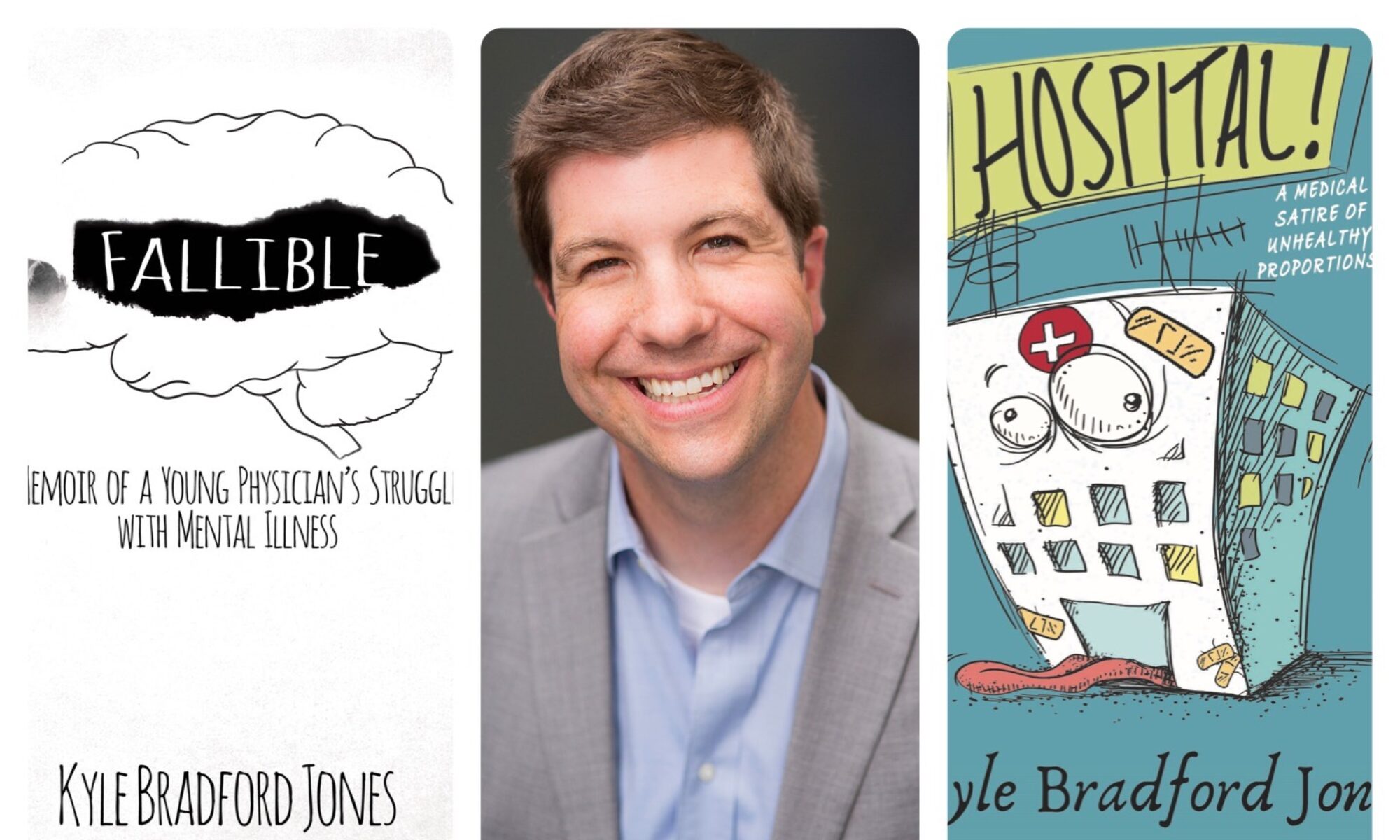
One of my favorite poets is Seamus Heaney. While I enjoy his poetry, I even more love his Nobel Prize acceptance speech, “Crediting Poetry.” I encourage all of you to read it.
There is one section of the speech that applies to all moments of history, but particularly this one. This is one of the most profound stories I have ever encountered, and I believe that it articulates our steps forward amidst the importance of #blacklivesmatter, and how to honor George Floyd:

“One of the most harrowing moments in the whole history of the harrowing of the heart in Northern Ireland came when a minibus full of workers being driven home one January evening in 1976 was held up by armed and masked men and the occupants of the van ordered at gunpoint to line up at the side of the road. Then one of the masked executioners said to them, ‘Any Catholics among you, step out here.’ As it happened, this particular group, with one exception, were all Protestants, so the presumption must have been that the masked men were Protestant paramilitaries about to carry out a tit-for-tat sectarian killing of the Catholic as the odd man out, the one who would have been presumed to be in sympathy with the IRA and all its actions. It was a terrible moment for him, caught between dread and witness, but he did make a motion to step forward. Then, the story goes, in that split second of decision, and in the relative cover of the winter evening darkness, he felt the hand of the Protestant worker next to him take his hand and squeeze it in a signal that said no, don’t move, we’ll not betray you, nobody need know what faith or party you belong to. All in vain, however, for the man stepped out of the line; but instead of finding a gun at his temple, he was thrown backward and away as the gunmen opened fire on those remaining in the line, for these were not Protestant terrorists, but members, presumably, of the Provisional IRA…
“The birth of the future we desire is surely in the contraction which that terrified Catholic felt on the roadside when another hand gripped his hand, not in the gunfire that followed, so absolute and so desolate, if also so much a part of the music of what happens…
“[The poem] knows that the massacre will happen again on the roadside, that the workers in the minibus are going to be lined up and shot down just after quitting time; but it also credits as a reality the squeeze of the hand, the actuality of sympathy and protectiveness between living creatures. It satisfies the contradictory needs which consciousness experiences at times of extreme crisis, the need on the one hand for a truth telling that will be hard and retributive, and on the other hand, the need not to harden the mind to a point where it denies its own yearnings for sweetness and trust.”
